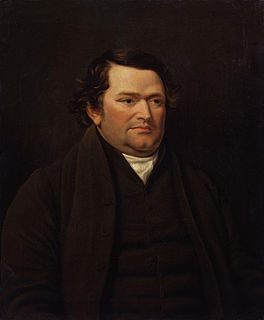A Quote by Stephen Nachmanovitch
Play, creativity, art, spontaneity, all these experiences are their own rewards and are blocked when we perform for reward or punishment, profit or loss.
Quote Topics
Related Quotes
If you want people to perform better, you reward them, right? Bonuses, commissions, their own reality show. Incentivize them. [...] But that's not happening here. You've got an incentive designed to sharpen thinking and accelerate creativity, and it does just the opposite. It dulls thinking and blocks creativity.
An individual can be truly moral only when they are their own master. From the moment when they awaken to a comprehension of that which is equitable and good it is for them to direct their own movements, to seek in the their conscience reasons for their actions, and to perform them simply, without either fearing punishment or looking for reward.
The problem with capitalism is that it best rewards the worst part of us: the ruthless, competitive, conniving, opportunistic, acquisitive drives, giving little reward and often much punishment-or at least much handicap-to honesty, compassion, fair play, many forms of hard work, love of justice, and a concern for those in need.
Integrity, honesty, and honor may not give immediate rewards or gratification, and they can be life-threatening (for example, being a whistle-blower or turning state's evidence). The absence of integrity, honesty, and honor do not always bring punishment or scorn, and can be life-aggrandizing (connivers and cheats often gain power and wealth). Therefore, morality must be its own reward.
When you go through hell, your own personal hell, and you have lost - loss of fame, loss of money, loss of career, loss of family, loss of love, loss of your own identity that I experienced in my own life - and you've been able to face the demons that have haunted you... I appreciate everything that I have.



































